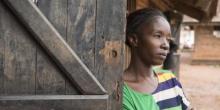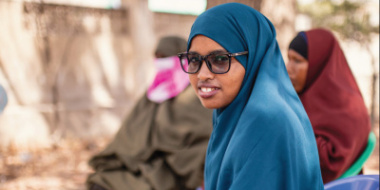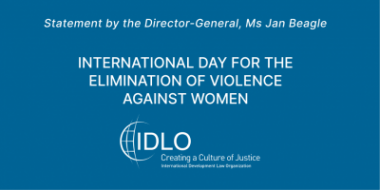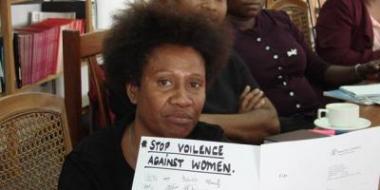Children’s Access to Justice in Mongolia
The COVID-19 pandemic and efforts to contain it have had severe and long-lasting impacts on Mongolia. Though prevention and containment measures have successfully prevented a large-scale health crisis, extended lockdowns have negatively affected children’s access to education, psychological and physical wellbeing and reduced the capacity of the Mongolian justice system to respond to crimes against children.














